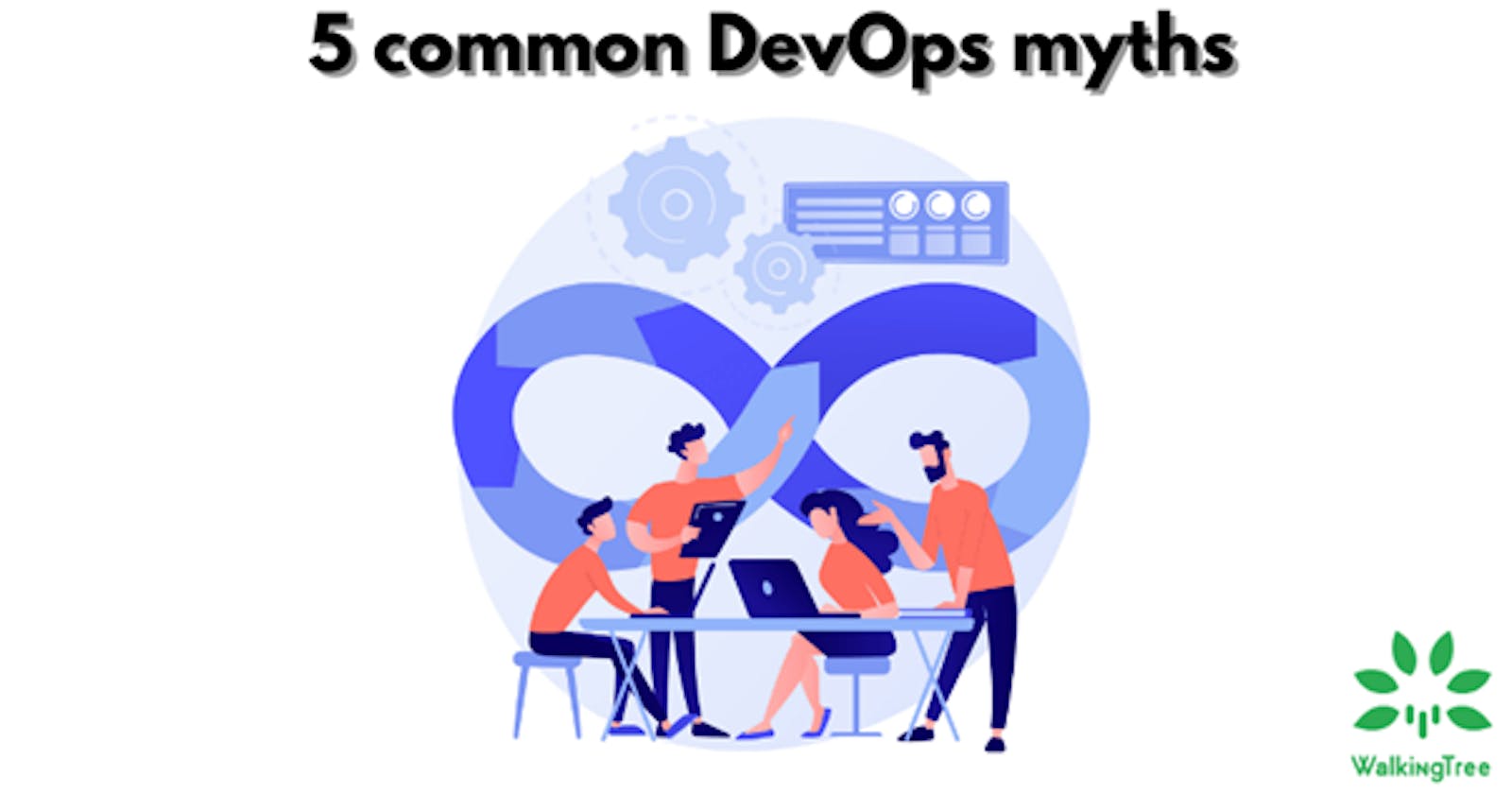Programming knowledge is required?
Yes, programming knowledge is generally required for DevOps roles, as it is a key aspect of automating and managing software delivery pipelines. DevOps engineers often work with scripting languages such as Python, Ruby, and Shell, as well as tools such as Ansible, Chef, and Puppet, to automate infrastructure and deployment processes.
Is Linux Experience is must for DevOps Engineers?
Yes, Linux experience is often considered a must-have for DevOps engineers, as many DevOps tools and technologies are built on or designed to run on Linux-based systems. Linux is an open-source operating system that is widely used in enterprise environments, especially for cloud computing and virtualization. DevOps engineers need to have a strong understanding of Linux systems and commands, as well as the ability to configure and manage Linux-based servers and applications.
Prior IT Experience is required?
While prior IT experience is not always required for DevOps roles, it is often preferred or even necessary, depending on the organization and the specific DevOps role. DevOps is a complex and multidisciplinary field that requires knowledge of software development, system administration, networking, and cloud computing, among other areas. Therefore, prior experience in one or more of these areas can be beneficial for a DevOps engineer.
Some organizations may require candidates to have several years of experience in IT or related fields before considering them for DevOps roles, while others may be willing to consider candidates with less experience but with relevant skills and knowledge.
Non-Technical Background people can do it?
Yes, non-technical background people can transition into DevOps roles, but it may require some effort to gain the necessary technical skills and knowledge. DevOps is a multidisciplinary field that requires both technical and non-technical skills, including communication, collaboration, problem-solving, and project management. While a technical background can be beneficial for DevOps engineers, it is not the only requirement.
Non-technical background people who want to transition into DevOps roles can start by learning basic programming concepts and gaining familiarity with common DevOps tools and technologies.
DevOps is a Tool?
No, DevOps is not a tool, but a set of practices, principles, and cultural values that are designed to improve collaboration, communication, and automation across development and operations teams. DevOps aims to create a culture of shared responsibility and ownership for software delivery, with the goal of delivering software faster, more reliably, and with higher quality.
